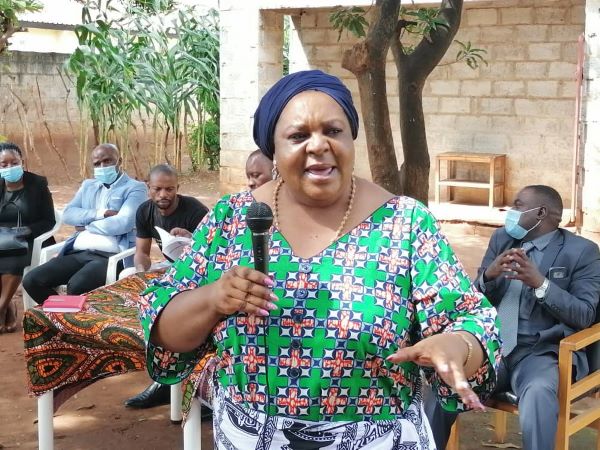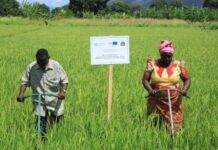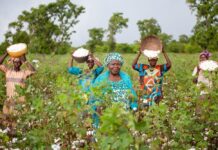Zambia has flagged off the Food Security Pack programme-to encourage food production through inputs after the country took up the challenge to be the continent’s top food provider following a spate of climatic change effects.
Under the ‘Food Security Pack’, flagged off in Lusaka by Community Development and Social welfare minister Doreen Mwamba, beneficiaries, and chiefly the poor and other vulnerable but viable households are being encouraged to grow crops for consumption with excess being
The food packs are being extended to all the 10-provinces and about 116 districts of the country to reach most or over 200,000 vulnerable households-chiefly in the countryside and according to minister Mwamba, would motivate the majority people to participate in agriculture.
The initiative would in turn improve production of various households and improve productivity, chiefly maize and other crops as the country seeks to plug the food deficit on the continent while making Zambia self-sustaining in food output.
“The Food Security Pack is a social protection programme which supports the poor and vulnerable but viable farmer households with farming inputs and accompanying services to improve production and productivity in order to enhance food security, self-sustainability and poverty reduction. “ she said.
Accordingly, the programme has three major components; Rain-fed Cropping, Wetland Cropping and Alternative Livelihood Initiative (ALI) which encourages farmer participation irrespective of one’s status and will be practiced in all parts of the country starting with 116 districts.
Recently, Minister Mwamba distributed winter fertiliser and seed to some vulnerable but viable people in the country as part of the empowerment programme especially for people living in wetland areas including Bangweulu and Chilubi Islands in Northern Zambia with 58 districts benefiting.
Zambia with support from the Food and Agriculture Organisation is using the Social Cash Transfer (SCT) Programme through the Ministry of Community Development, and had by 2014 reached 150,000 households across 50 districts.
The scaled up initiative has helped reduce poverty levels among many households through improved and increased food security, improved child wellbeing, improved living conditions and increased productivity and ownership of productive assets, according to FAO data.









